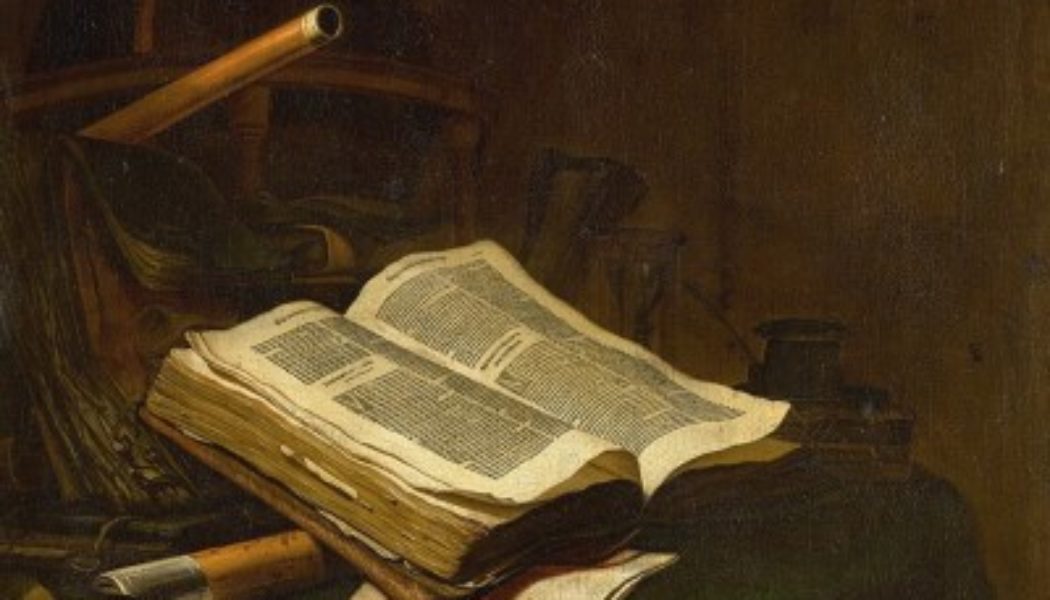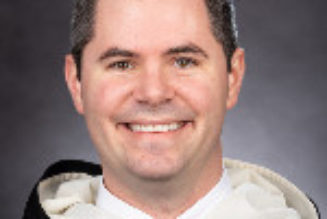“Nature, as we often say, makes nothing in vain.” Aristotle, Politics
“Can you deny that a woman is by nature very different from a man?”
Plato, Republic
It is not surprising that the most controversial, and personally challenging, moral issues of our day touch directly upon what is ‘by nature.’ An important distinction can help us think more clearly about this.
It is one thing to discern what is ‘by nature’ or not. It is another thing to see whether and to what extent what is ‘by nature’ should be a guide for our action. Failure to grasp this distinction leads to much misunderstanding and miscommunication. For instance, one person argues that such and such is by nature, assuming that to secure this point in itself makes clear the path of action, while another person is not interested in the question of what is by nature since his view of human moral agency gives no importance to the category of ‘natural.’
This appears especially in the cluster of issues surrounding what it is to be a man or woman—again, many of the central issues of our society and in our own lives.
The place to begin is the second side of the above distinction, namely, whether nature provides guidance and norms for our action. In the fifth century B.C. the Greek Heraclitus expressed what is thematic for pagans, Jews, and Christians alike: “wisdom is to speak the truth and to act, according to nature, giving ear thereto.”
Somehow, the path of a truly human life has been chalked in human nature itself. But finding it is no given; and learning to ‘give ear’ will require communal and long-term effort. To realize that what is given in nature is a gift to guide our life, is itself an astounding gift, not to be taken for granted.
So then what can one do? What does one do if many around us seem either uninterested, unable, or unwilling to give ear to nature? And this regarding things about which nature seems to speak quite insistently! –such as the astounding and always somewhat mysterious reality of being a man or being a woman, and all that it implies.
Perhaps we begin at home. In my own life, do I exemplify a disposition of humbly and courageously giving ear to nature—even when personally difficult for me, or even when it’s hard to grasp precisely what nature is saying? Do I ever speak disparagingly of what has been given to me? Or to others?
There is of course a time for public and private disputation, geared toward helping all of us think more clearly about these matters. But surely, the most powerful force helping others see the gift of nature, is that those who have begun to see, exemplify it in their own lives. There is no witness to the natural gift of being a man or a woman that can compare with this: a man or a woman who courageously receives the gift, and lives it with joy.
“The household is the association established by nature for the supply of man’s everyday wants.” Aristotle, Politics Experience shows that changes that happen slowly can go almost unnoticed, even when they have significant negative consequences. Perhaps the most…
“If he should try to indict me, I think I would find his weak spots and the talk in court would be about him rather than about me.” Plato, Euthyphro “The ear that listens to life-giving reproof will dwell among the wise.” Proverbs One reason to read great works is the…
“…while, from a very small piece of ground, a large part of the food of a considerable family may be raised, the very act of raising it will be the best possible foundation of education of the children of the laborer.” William Cobbett, Cottage Economy (1824) One of…
Husband, father, and professor of Philosophy. LifeCraft springs from one conviction: there is an ancient wisdom about how to live the good life in our homes, with our families; and it is worth our time to hearken to it. Let’s rediscover it together. Learn more.
Join Our Telegram Group : Salvation & Prosperity









